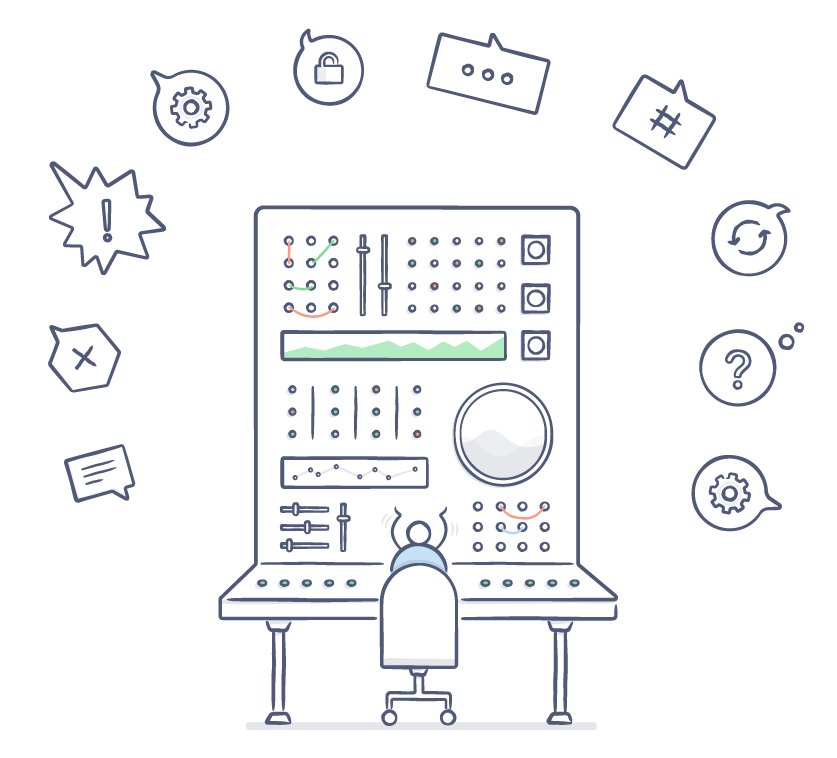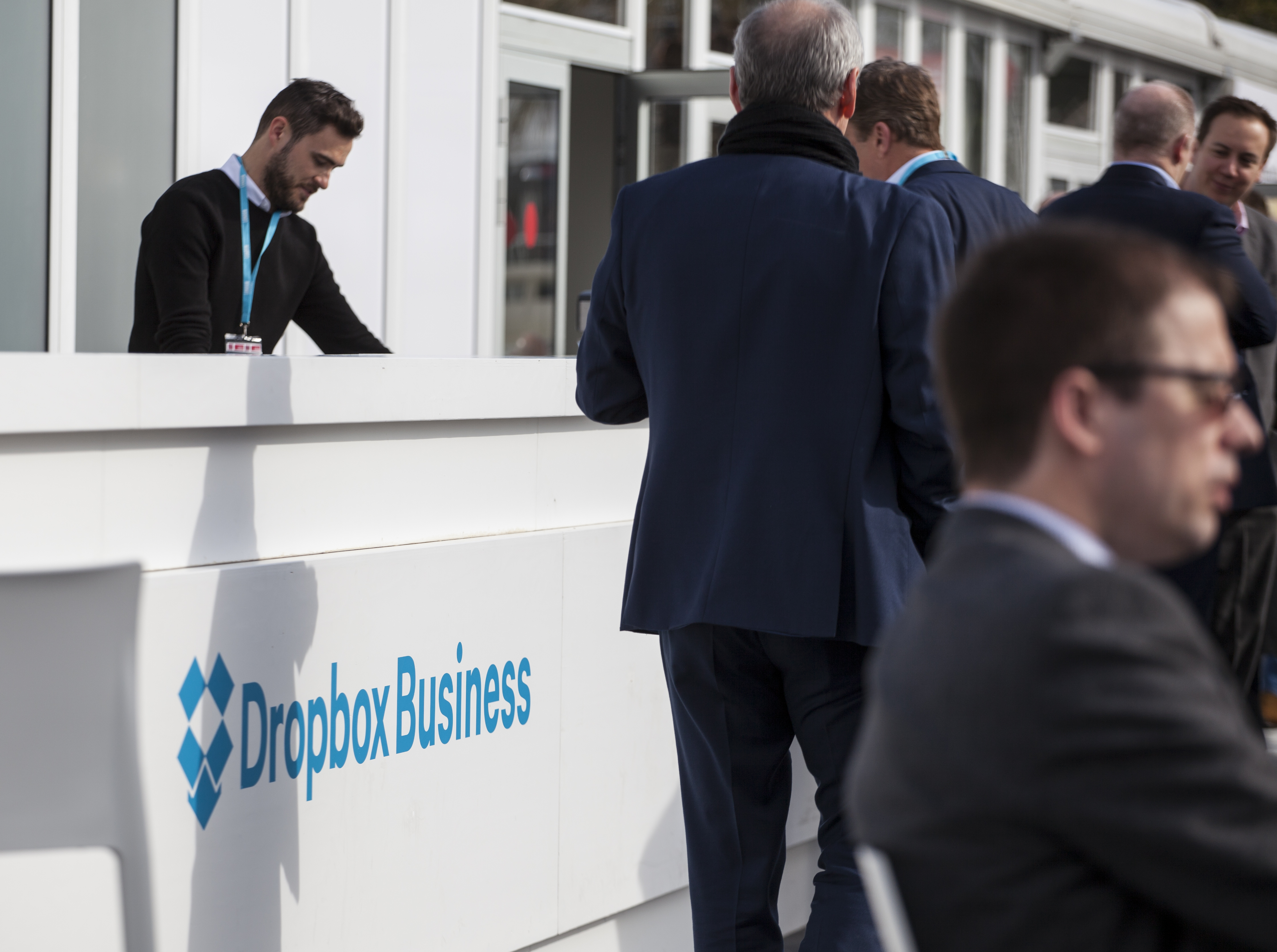5 ways marketers can stop wasting time on unproductive tasks

What’s worse than being chained to your desk for ten hours a day? The feeling that half your time has been wasted by needless distractions. A third of employees are distracted at work for up to three hours a day, according to research by financial management service Think Money, with only half of office workers spending six hours or more on productive tasks. What’s more, according to a McKinsey Global Institute Study, when we are working, we’re just as likely to be slogging through email or trying to find a missing file as we are getting the important things done.
With marketers under relentless pressure to meet deadlines – particularly those responsible for coordinating projects, events and campaigns – we’ve compiled five ways you can keep focused on the stuff that really matters.
1. Eradicate email addiction
Email can have a paralysing effect on productivity. This year, employees will send or receive an average of 124 messages per day, according to technology research firm The Radicati Group. And despite the emergence of other business communication tools, the volume of email is expected to continue to grow at an average annual rate of 4.4%.
Minimise internal email, especially those horrendous ‘Reply to All’ chains, by switching conversations to a team-based collaboration service – like Slack and Chatter – where colleagues can quickly reply to messages and can’t derail proceedings midway through a conversation chain, as often happens with email. Likewise, instead of using group emails to gather feedback from others on the marketing team, use the Comments function in tools like Dropbox, where everyone can instantly see each other’s feedback and avoid duplicating remarks.
2. Cull meetings
The Think Money research found that one in five people blamed ‘pointless meetings’ for wasting their time at work. (We suspect the other four were too busy in meetings to answer the survey.)
Face-to-face time is important, but eliminate needless meetings. Managers are often big fans of the morning meeting to find out what everyone’s up to, but that takes 15-20 minutes out of one of the most productive parts of the day. Could you recommend a morning update in a dedicated channel of a team collaboration tool, which would take them only a couple of minutes?
Likewise, consider who really needs to be in meetings. Is an hour spent discussing global marketing budgets the best use of the Social Media Manager’s time? Or could they glean the key details from the meeting notes, which can be dropped in a shared folder for everyone to see?
3. Avoid the draining commute
We live in the era of the super-commuter. In 2015, approximately one in every 14 EU workers commuted between different regions in the same country, while just under 1% commuted to a different country!
With average commute times increasing, the toll being taken on employees’ wellbeing and work/life balance is considerable. Marketing Managers should ask themselves if everyone on the team really needs to be in the office five days a week, or would it be more beneficial if they worked from home for at least part of the week?
With the ability to seamlessly and securely access files from home and work computers, marketers no longer need to be sat in the office. And with the ‘presence’ capabilities of collaboration software, managers can tell if a designer is at their desk at home just as easily as poking their head around the corner at the office.
4. Avoid interruptions
Arguably, the worst thing about working in an office is the incessant distractions: colleagues tapping you on the shoulder, the phone ringing, the smells wafting from the microwave.
Every marketer has a role to play here. Do you really need to break the marketing assistant’s concentration to get an answer to the message you sent five minutes ago? Perhaps devise a system that applies to both in-house and remote workers when people need time to focus on a task. As discussed previously, most team collaboration packages have a status system that shows when people are available or don’t wish to be disturbed. Agree to respect that status unless something genuinely cannot wait.
5. Take regular timeouts
Tips four and five might seem contradictory, but they’re not. Regular, scheduled breaks maintain productivity, rather than detracting from it. In a recent blog post, productivity guru and author of Getting Things Done, David Allen, wrote that even if we don’t take official breaks, we “need to be ready for, and take advantage of, the weird uneven time and energy spaces we find ourselves in”, doing less urgent, less brain-intensive tasks in those otherwise dead periods of the day, such as waiting for meetings to start.
So if the Social Media Manager appears to be catching up on email instead of finishing that report you asked for, relax – he might be just be giving the grey matter a rest for a few minutes.
For further information on how Dropbox can help Marketers, click here




